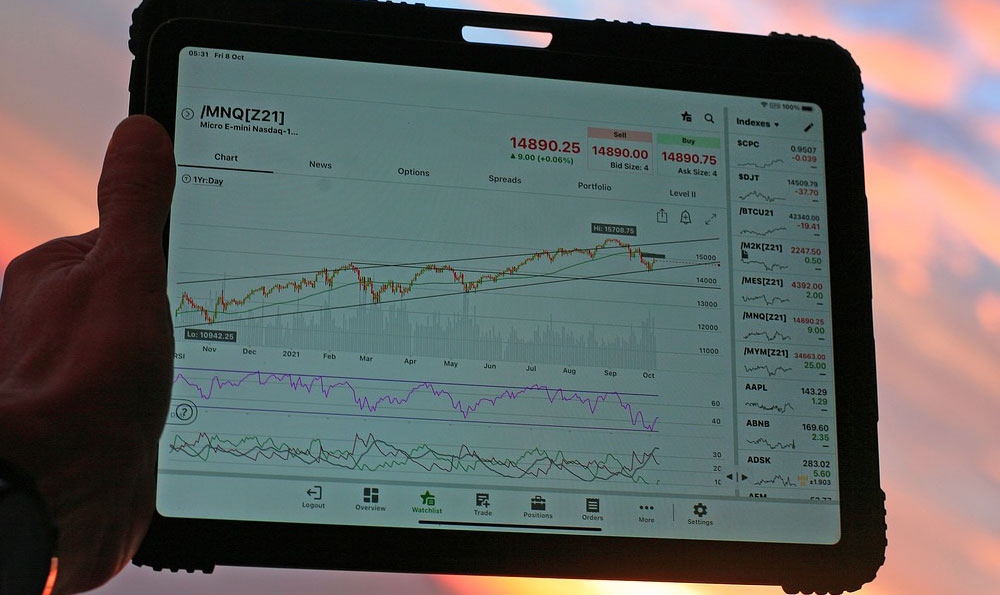Okay, here's an article based on the title "How to Monetize Facebook: What Works and What Doesn't?", exceeding 800 words and written with the characteristics of a seasoned investment and digital asset expert. Remember, this advice is for informational purposes only and should not be considered financial advice. Always conduct thorough research and consult with qualified professionals before making any investment decisions.
Monetizing a Facebook presence, whether it's a personal profile, a business page, or a group, presents a complex landscape filled with opportunities and potential pitfalls. While the allure of generating income from this vast social network is strong, understanding which strategies are viable and which are destined to fail is crucial for success. Let's delve into the methods that hold genuine promise, as well as those that are more hype than substance.
One of the most direct and legitimate methods for businesses is leveraging Facebook Ads. A well-crafted advertising campaign, targeted precisely to a defined audience, can drive traffic to a website, generate leads, and ultimately boost sales. The key here is to understand the platform's advertising tools intimately. This includes mastering audience segmentation based on demographics, interests, behaviors, and even custom audiences created from existing customer data. Effective ad creatives, compelling copy, and A/B testing are essential for optimizing ad performance and achieving a favorable return on investment. Simply throwing money at Facebook Ads without a clear strategy and ongoing analysis is a recipe for financial disaster. Furthermore, remember that ad costs fluctuate depending on competition, target audience, and ad placement. Thorough budget planning and careful monitoring are vital.

For businesses with an established e-commerce presence, Facebook Shops offers a seamless integration for selling products directly within the platform. This allows customers to browse, select, and purchase items without leaving Facebook, creating a frictionless shopping experience. The advantage lies in reduced cart abandonment rates and increased convenience for the customer. However, success with Facebook Shops depends on several factors. High-quality product photography, detailed descriptions, competitive pricing, and responsive customer service are all critical. Businesses must also ensure their product listings are optimized for search within Facebook, using relevant keywords and attributes. Without these elements, a Facebook Shop will likely remain unnoticed and ineffective.
Content creators, influencers, and publishers can explore several avenues for monetization. Facebook's in-stream ads, which appear during video content, offer a revenue-sharing model. To qualify, creators need to meet specific eligibility requirements, including having a substantial following and adhering to Facebook's content monetization policies. The revenue generated from in-stream ads is directly proportional to the number of views and the engagement rate of the videos. Building a loyal and engaged audience is therefore paramount. Producing high-quality, original content that resonates with the target demographic is not optional; it's the foundation for sustainable monetization.
Another option for creators is Facebook Subscriptions. This allows fans to support their favorite creators directly through recurring monthly payments in exchange for exclusive content, perks, or early access. The success of Facebook Subscriptions hinges on the creator's ability to offer genuine value to subscribers. This could include bonus videos, behind-the-scenes content, private Q&A sessions, or exclusive merchandise. Building a strong sense of community and fostering direct interaction with subscribers is essential for retaining their support. Creators must consistently deliver on their promises and provide a compelling reason for fans to subscribe.
While these methods offer legitimate avenues for monetization, several common approaches often fall short of expectations. One example is relying solely on organic reach to promote products or services. Facebook's algorithm prioritizes content from friends and family, making it increasingly difficult for businesses to reach their audience organically. While creating engaging content is still important, expecting substantial results without paid advertising is unrealistic.
Another misguided approach is engaging in deceptive or spammy practices. This includes buying fake likes or followers, using clickbait headlines, or participating in engagement pods. These tactics may provide a temporary boost in vanity metrics, but they ultimately damage credibility and can lead to penalties from Facebook. Authenticity and transparency are crucial for building trust with the audience and achieving long-term success.
Affiliate marketing on Facebook can be effective, but it requires careful execution. Simply posting affiliate links without providing valuable content or context is unlikely to generate significant sales. Building a niche audience around a specific topic and recommending relevant products or services is a more effective strategy. Transparency is also essential; clearly disclosing that the links are affiliate links helps maintain trust with the audience.
Finally, remember that monetizing Facebook is not a get-rich-quick scheme. It requires consistent effort, a well-defined strategy, and a willingness to adapt to changes in the platform's algorithm and user behavior. Treat it as a long-term investment, focusing on building a strong brand, providing value to the audience, and continuously optimizing your approach. Success in this space demands patience, persistence, and a commitment to ethical practices. Focusing on sustainable growth and building genuine connections with your audience is far more valuable than pursuing short-term gains through questionable tactics. The most reliable path to monetization involves providing real value, fostering authentic engagement, and always prioritizing the user experience. Only then can you hope to create a thriving and profitable Facebook presence.












